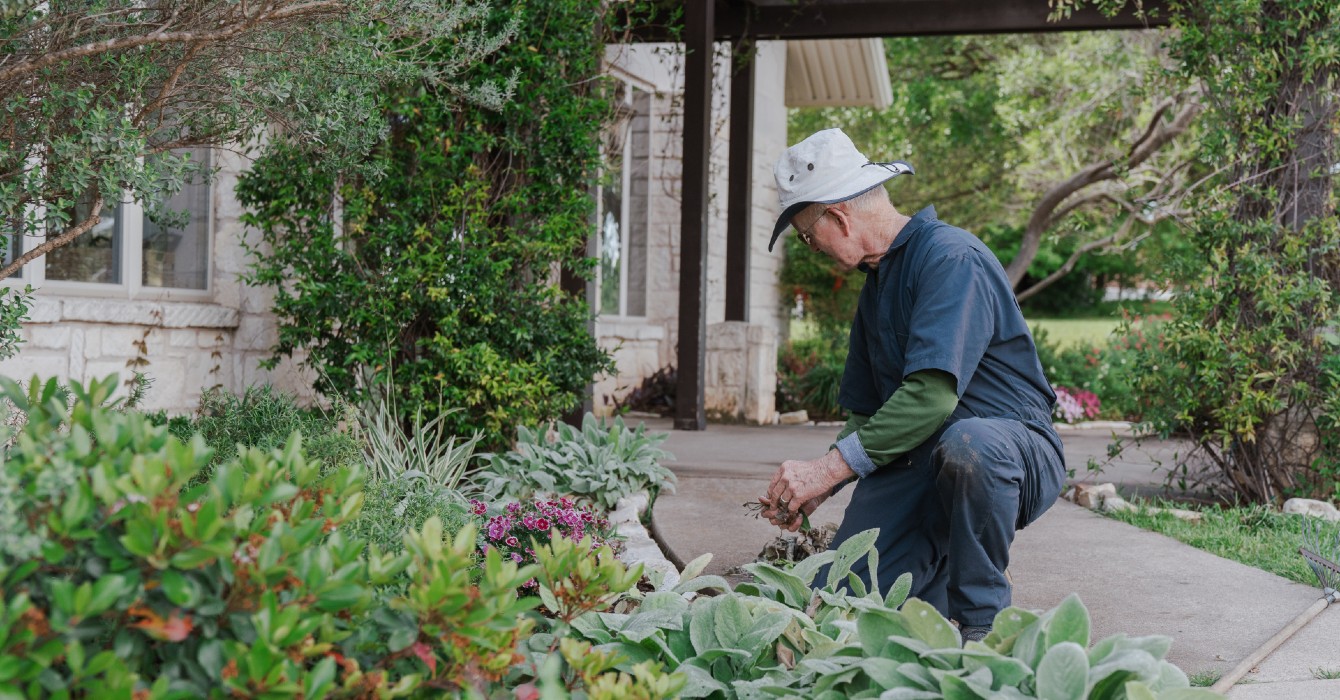As a 22-year-old politically engaged Christian woman, I want to be a part of a church that takes seriously its mandate to protect God’s creation and the vulnerable. For me, one of the most important ways to fulfill this mandate is to address climate change.
I take seriously Numbers 35:33-34, which says, “You shall not pollute the land in which you live. … You shall not defile the land in which you live, in which I also dwell” (NRSV).
Proverbs 31:8-9 also deeply resonates with me when it proclaims, “Speak out for those who cannot speak, for the rights of all the destitute. Speak out, judge righteously, defend the rights of the poor and needy.” For me, a church that fails to do these things is hypocritical and therefore unattractive.
I am not alone but part of a powerful youth movement desiring action on climate change. As the next generation that will inherit the world, young people speak with intense moral authority on the issue of climate change.
If the church wants to remain relevant for students and the youth generation, it should increase and amplify its call to action on climate change. By speaking from a moral perspective on a national level, the church can show young people across the country that it is a relevant place where youth can be supported in their quest to seek an earth restored.
I’ve worked with many student groups -- most from religious backgrounds -- and I see how passionately young people desire to engage with others on climate change. In early February, as part of my job as a program assistant with the Friends Committee on National Legislation, I engaged with students, faith leaders and Quakers across the Research Triangle area on our moral obligation as people of faith to act on climate change.
While in North Carolina, I gathered with Randall Williams, a Carolina Friends School (CFS) teacher, and Susannah Tuttle, the director of North Carolina Interfaith Power & Light, to give training and advice to 10 CFS high school students before leaving for a day of lobbying in Raleigh.
The group of students met with Michael Jones, Sen. Kay Hagan’s regional liaison in Raleigh, and delivered their challenge: “We are here to ask Sen. Hagan to take a moral stand on action regarding climate change. Will she use the recent coal ash spill on the Dan River as an opportunity to take a strong stance supporting renewable energy and the reduction of coal use?”
Their class on climate advocacy inspired the students to create a NC Students for Climate Action group. They planned a massive carpool day and created a “Love Our Climate NC” campaign, complete with a video, information sheets, postcards and a social media package.
These students are serious about working for climate solutions. They are motivated by the science, but also something deeper: they are motivated by their faith and the moral call to conscience on climate disruption.
I returned to Washington, D.C., incredibly impressed at the maturity, passion and fierce desire these students had to seek an earth restored.
Many churches today mourn the loss of young people and are searching for ways to be relevant and engaging places for students and youth. Here is an opportunity for churches to do just that. I believe that the faith community is uniquely situated to make the moral call to action on climate disruption. As people of faith, we have a deep concern for God’s creation. We are called to care for the least of these, who often will experience the effects of climate change most severely. We have an obligation to future generations.
There are concrete ways that faith leaders and pastors can take action. Churches are making environmental stewardship a priority of their congregations -- physically “greening” their church buildings by undergoing energy audits, purchasing energy-efficient appliances and installing solar panels.
Pastors are writing to and meeting with their political representatives, advocating from a faith perspective why stronger environmental policies are needed.
This call to action is already resonating with congregations across the country. In early February, faith communities coalesced around the National Preach-In on Climate Change, hosted by Interfaith Power & Light, to mobilize the faith voice.
Youth movements are rising up across the planet urging action from a moral or faith perspective. A World Wildlife Federation faith project, Sacred Earth, encourages youth to make the connection between their faith and conservation, calling upon them to share their stories of how and why they are environmental advocates.
There is data that shows the importance of climate change to young voters. Eighty percent of voters under 35 support President Barack Obama’s Climate Action Plan, and 73 percent would oppose members of Congress who got in the way of the plan.
A study done by the Yale Project on Climate Change and the George Mason University Center for Climate Change Communication found that 81 percent of 18- to 34-year-old evangelicals trust religious leaders as an information source on global warming. Faith leaders must not abandon the youth generation by failing to communicate boldly the importance of acting on climate disruption.
What a perfect chance for the church to revitalize its relationship with youth by acknowledging, respecting and reciprocating their passion and voice on this issue. By leading on climate change, the church can once again capture the imagination of the youth movement while fulfilling its mandate to love and protect all of God’s creation.









